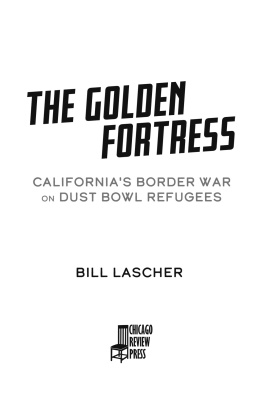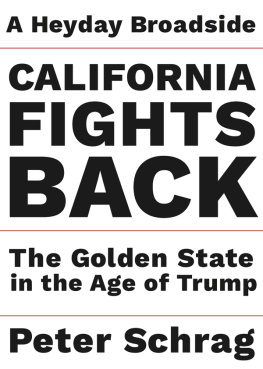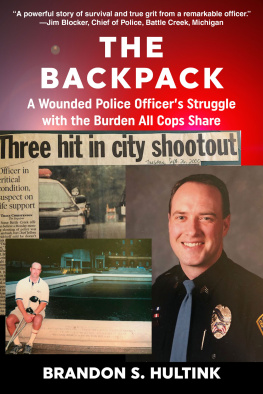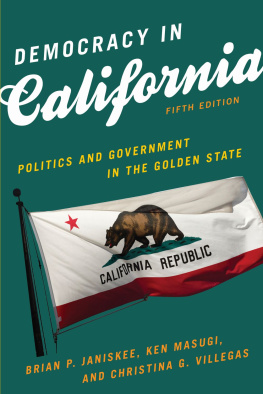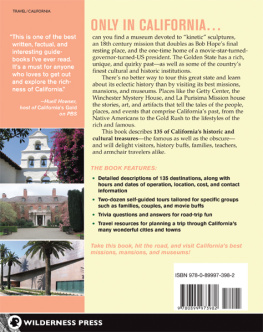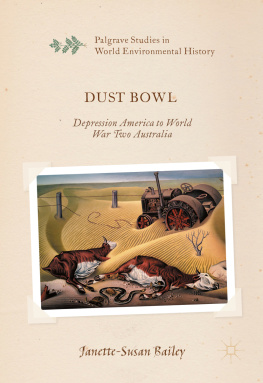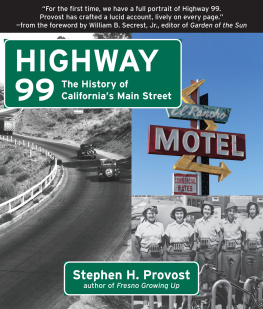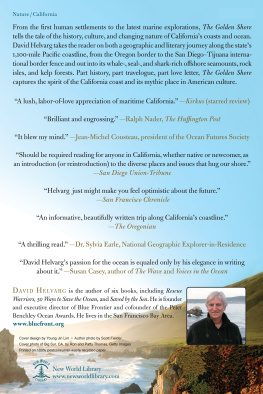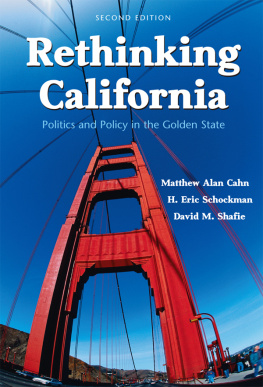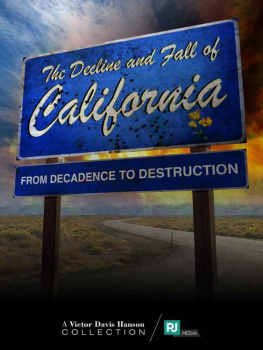Prologue
HERE AND THERE, NOW AND THEN
LOS ANGELES WAS AFLAME. It was the end of summer 2019, and a sense of dread spread through the tens of thousands of people in the City of Angels who lacked stable housing. For an increasing number of Americans, the idea of owning or even renting a home felt as inconceivable as hugging strangers, dining at restaurants, and cramming into a crowded subway would feel one year later. Few places seemed to embody the countrys widening wealth inequality quite like the Golden States most populous city, where a series of fires cast a frightening light on what was at stake for people whod already lost everything.
Those Angelenos who had found a homeor a bed, or perhaps just a few feet under an underpasssweated through record-setting heat and nervously eyed the tinder-dry hills encircling their city. Wary after massive, deadly wildfires throughout California in 2017 and 2018, which now seemed to occur as seasonally as the flu, they fretted about conditions at nearby encampments of houseless people. The furnace blasts of the Santa Anas, like those of Raymond Chandlers Red Wind, that sweep across Los Angeles from the Mojave Desert each fall, were looming. The heat of the citys housed residents complaints about the growth of their unhoused neighbors camps grew alongside the incendiary weather. Claiming that the camps were multiplying out of control, their own unchecked rage matched the ferocity of the gusts that flung desiccated palm fronds across their yards and whipped single errant sparks into hillside-spanning conflagrations. Fires near these camps seemed to be increasing, and the annual return of the Santa Anas only increased the risk. Public anxiety heightened each time a cookstove ignited a tent here, or somebody lit fireworks in broad daylight there. Worrisome as the stories were, before long they just seemed to pile atop the list of uncomfortable realities that came with the chance to reside in the City of Angels.
Then people started dying.
Sweltering in the relentless heat and wondering whether the next fire was the one that would finally rage through their cul-de-sacs, homeowners in the city turned to a familiar scapegoatthe poorand a familiar framing for addressing the discomfiting reality that a far greater percentage of the people experiencing homelessness in the United States lived in California than the state residents share of the nations overall population. According to figures from the previous year cited in a February 2019 state legislative analysts report, more than a quarter of people experiencing homelessness in the nation lived in California, but only 12 percent of the total US population were residents of the Golden State.
In our contemporary world of careful political messaging, weve come to address that experience, homelessness, as a malady of which individuals might be cured and that policy interventions might eradicate. Indeed, on September 25, 2019the day after Speaker of the House Nancy Pelosi announced President Donald Trumps first impeachment inquiryLos Angeles City Council member Joe Buscaino invoked a public health framing to insist that homelessness had become so widespread in California that Governor Gavin Newsom urgently needed to declare a state of emergency.
Buscaino was among the most vocal of a number of public figures who claimed that homelessness threatened public safety. (As this books conclusion will describe, Buscaino would further politicize homelessness in the years to follow.) Homelessness was dangerous, but average Angelenos, Californians, or Americans werent the ones at risk; it was their unhoused neighbors who faced an acute, potentially deadly threat. Those fires breaking out around Los Angeles in the late summer and early fall of 2019 werent all accidental, nor was negligence at crowded campsites to be blamed for many of them. Instead, arsonists were targeting the most vulnerable residents of one of the most prosperous cities in the United States, if for varied motives in different blazes.
Late that August, two men allegedly torched an encampment of houseless people living in the hills above the middle-class enclave of Eagle Rock, about ten miles northwest of Skid Row and home to Occidental College. As (In March 2021, prosecutors only charged one of two original suspects with arson because they lacked sufficient evidence showing the other had directly participated in the arson, thus meaning theyd likely be unable to try and convict him.)
Less than two weeks after the blaze in Eagle Rock, flames erupted along Los Angeless notorious Skid Rowabout ten miles southeast of Eagle Rock and adjacent to downtown Los Angelesafter someone set a mans tent on fire. The tents occupant died of burns suffered in the blaze. Reports of other deadly and damaging fires involving homeless victims on Skid Row and throughout Los Angeles persisted for weeks. Not all of these blazes were arsons, nor did authorities believe the men suspected of torching the Eagle Rock camp were involved in the others that were, but an air of fear permeated the houseless community throughout that fall.
Los Angeles, and the nation, seemed beset by disaster, though an even worse catastrophe was on its way. Before any constructive response to the homelessness crisis outlined by Councilman Buscaino took shape, the new year brought the threefold crisis of the coronavirus pandemic, an economic collapse unseen in the United States since the 1930s, and the eruption of popular anger after police in Louisville and Minneapolis added Breonna Taylors and George Floyds names to the long list of Black men and women murdered by law enforcement. Gasping for air amid an ever-thickening miasma of disease, tear gas, wildfire smoke, social isolation, unemployment, and the centuries-deep pain of systemic racism, the nation lurched toward an election so infected by distrust that democracy itself seemed imperiled.
Like the story of our response to the pandemic and our approach to economic recovery, the story that follows is more straightforward than one might suppose. The central challenges of our contemporary crisis and of that dissected in the ensuing pages are similar. Each resulted from tensions between local jurisdictions and the centralized federal response, between unique regional pressures and forces that transcend borders, and between data-driven, reality-grounded analysis and bombastic scapegoating put forth by those who exploit historical inequities, capitalize on fear, and demonize the foreign.
A CLOUDLESS SKY BLANKETED ALTURAS as a string of sedans turned off Highway 299.
Temperatures that afternoon had briefly crept above freezing but dipped again as dusk arrived. From atop a three-story brick building at the other end of Main Street, the word HOTEL blazed against the cloudless sky. On an evening as clear as that one in early February 1936, the beacon of the signage must have been a welcome sight to the cars occupants as they drove those last three blocks from the highway to the Niles Hotel, hundreds of miles, two days, and a world away from home. That those last three blocks also composed the entirety of downtown Alturas said everything about how far theyd traveled.
After the men parked their cars, they might have reflexively shivered beneath their polished leather jackboots and thought of the all-year warmth and sun theyd left behind. If any of the men passed beneath the street lamp at the corner of Modoc and Main Streets, its glow might have glinted across the gold-toned badges they carried, illuminating an eagles wings spread above the words POLICE OFFICER and LOS ANGELES typed in blue lettering beneath, and the embossed seal that read, CITY OF LOS ANGELES. FOUNDED 1781.

